Articles
- Home /
- Articles

Microservices Data Evolution: Avoiding Breaking Changes with Compatibility
- December 1, 2025
- 6 min read
- Programming concepts , Software quality
Microservices data structures change constantly. Learn why designing for evolvability and implementing a strategy for backward and forward …
Read More
Go Scripting with Expr Lang: 10 Critical Gotchas You Must Know
- November 24, 2025
- Go programming
Before using the Expr module in Go, there are 10 critical limitations and pitfalls you must know. This essential guide covers the common mistakes, …
Read More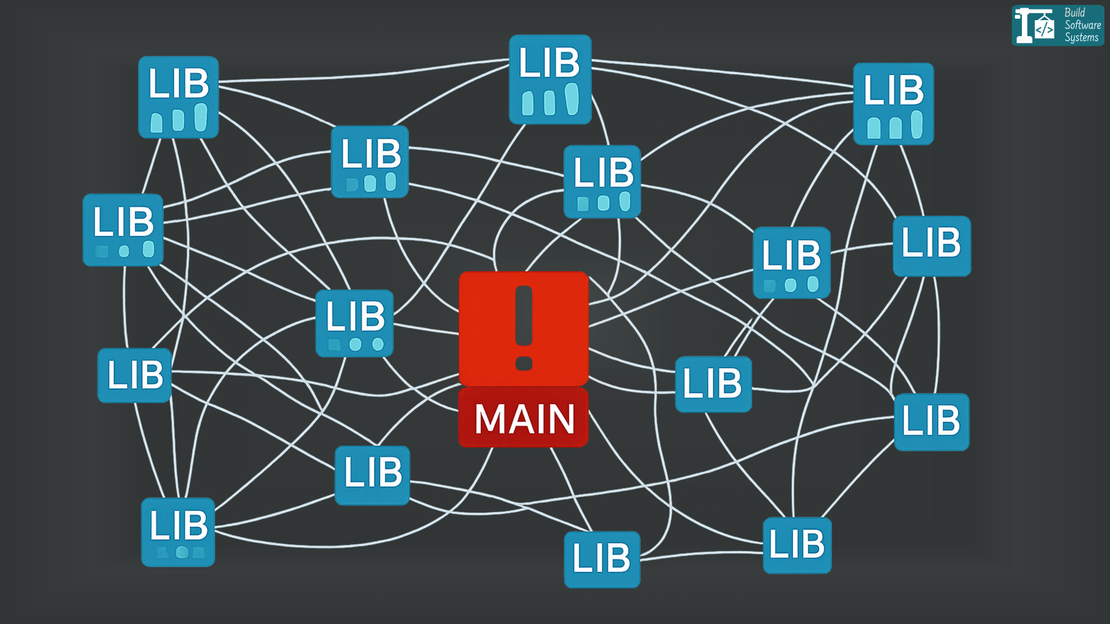
Dependency Hell: 5 Strategies to Manage Open Source Risks (The Dependency Dilemma)
- November 17, 2025
- 9 min read
- Programming concepts
The question is: To import or not to import? A library saves weeks of coding, but introduces Dependency Hell risks. This article shares a painful, …
Read More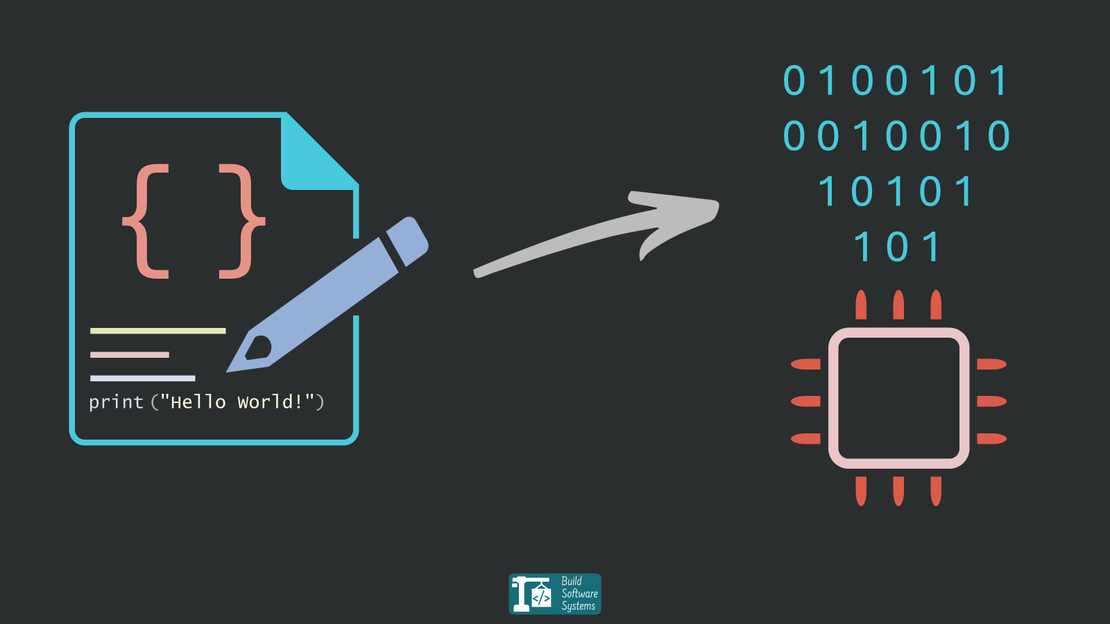
Source Code to Machine Code: The Two Paths to Executable Programs
- November 10, 2025
- 7 min read
- Programming concepts
Explore the two main paths—compilation and interpretation—that transform human-readable source code into machine-executable instructions, and …
Read More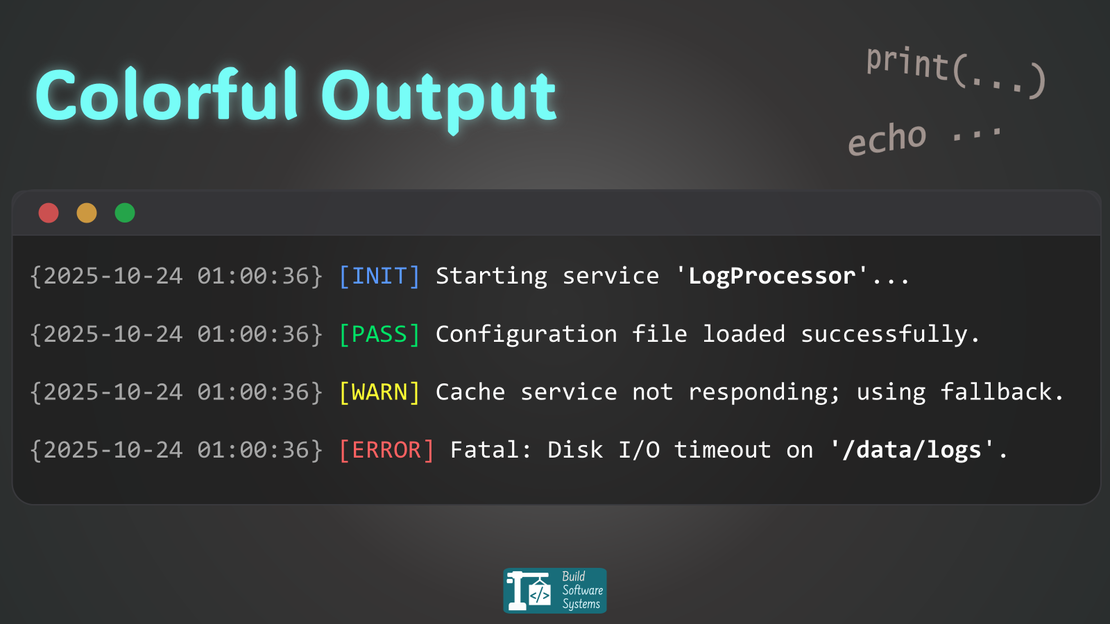
How to Make Your Terminal Talk in Color (with ANSI Codes)
- November 3, 2025
- 6 min read
- Debugging and troubleshooting , Software quality
Turn dull, gray output into colorful, readable text that actually speaks your language. Ever squinted at a wall of monochrome logs? You know how easy …
Read More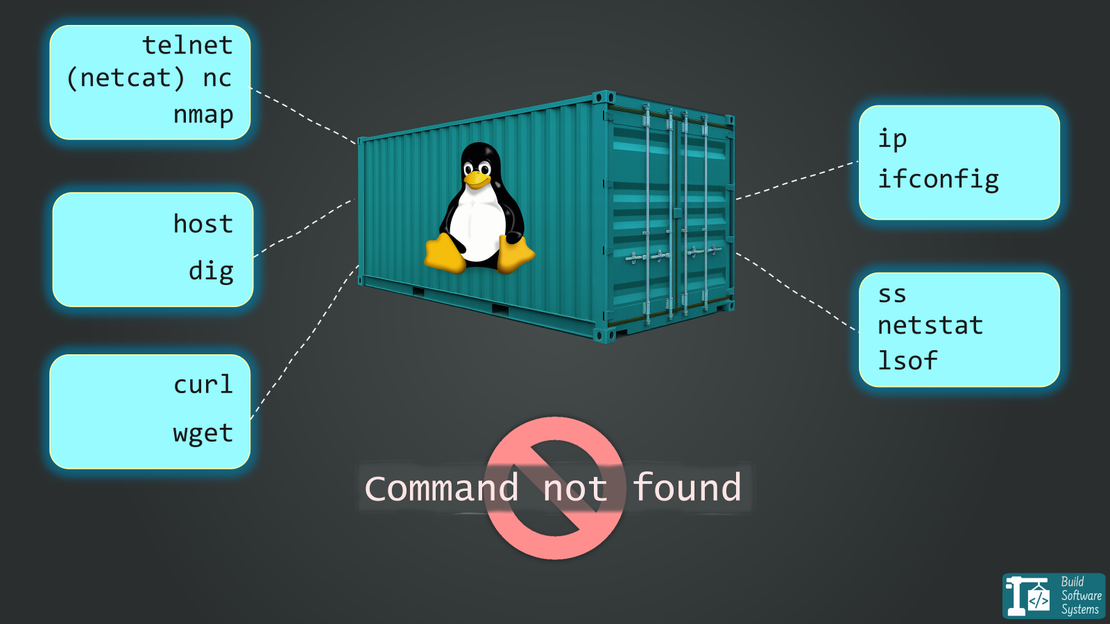
5 Essential Network Debugging Commands in Minimal Linux
- May 21, 2025
- 6 min read
- Bash programming , Debugging and troubleshooting
If you’re a developer troubleshooting network issues in containers or minimal Linux environments, you may notice that many common tools like …
Read More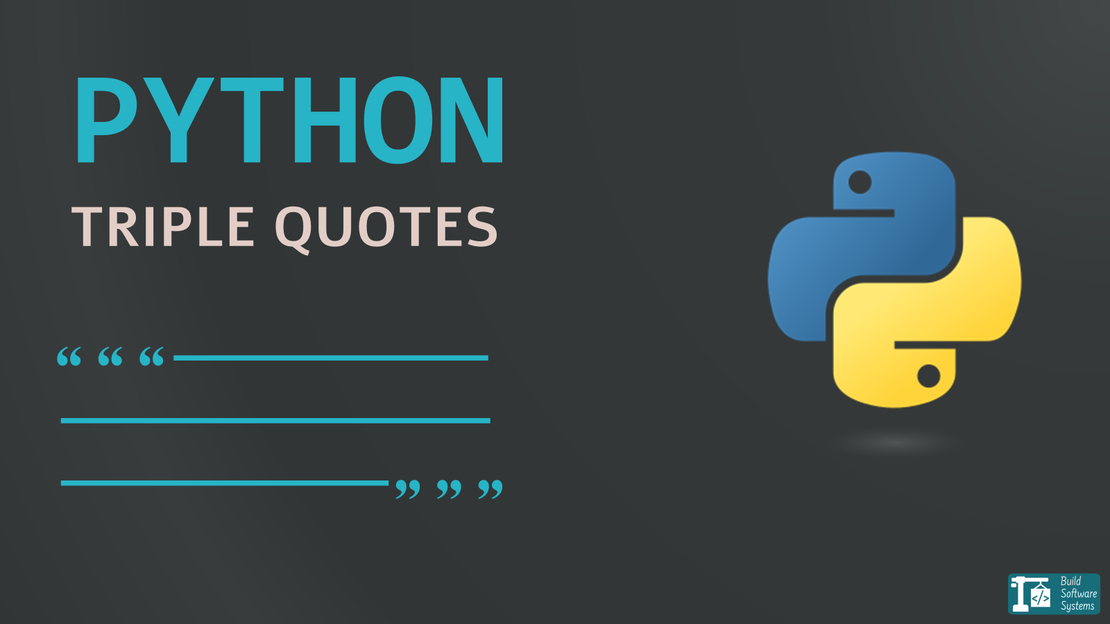
The Definitive Guide to Python Triple Quotes: Multiline, Quotes Inside and Docstring
- October 27, 2025
- 9 min read
- Python programming
Triple quotes (""" or ‘’’) in Python are deceptively simple — yet incredibly powerful. They let you: Write multiline …
Read More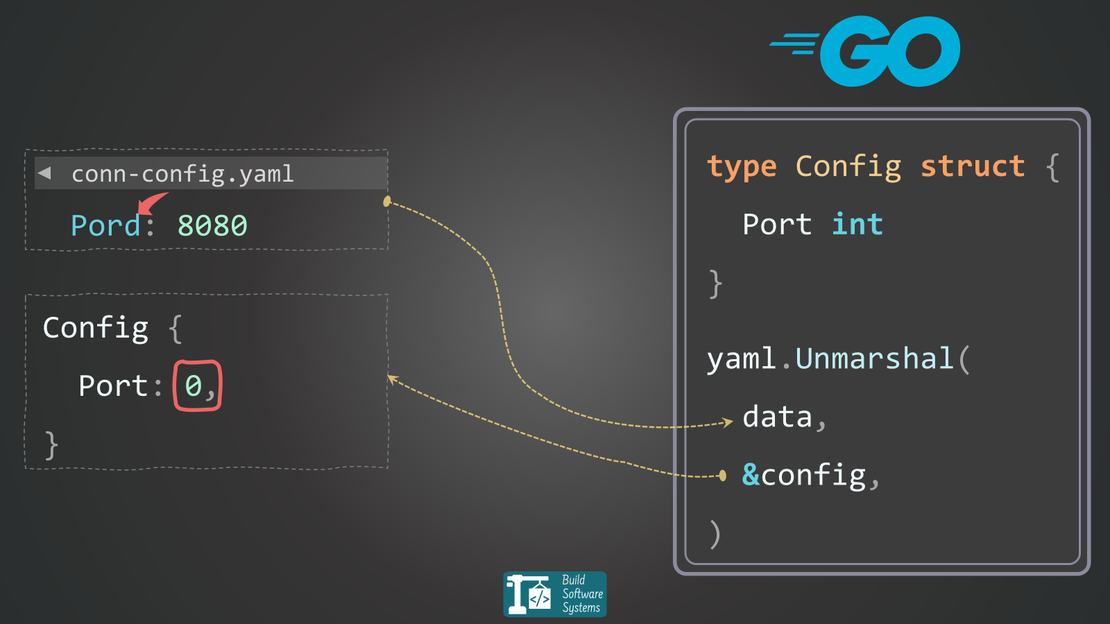
Go Config: Stop the Silent YAML Bug (Use mapstructure for Safety)
- October 20, 2025
- 5 min read
- Go programming
Stop silent Go configuration bugs in microservices. Learn why direct loading of YAML, JSON, or TOML struct is unsafe, how Go’s zero values hide …
Read MoreCategories
Tags
- API Versioning
- Arrays
- Asynchronous
- Backoff
- Bash
- Binary Files
- Bug
- Build System
- Bytecode
- C Language
- C++ Language
- Cargo
- CLI Design
- Code Generation
- Coding Style
- Command Line Arguments
- Command Line Interface
- Compatibility
- Compilation
- Computer Program
- Configuration
- Container
- Containers
- Data Evolution
- Data Serialization
- Data Types
- Debugging
- Defect
- Dependencies
- Devcontainer
- Development Environment
- DevOps
- DevOps Tools
- Docker
- Dockerfile
- Documentation
- Documentation Generation
- Enums
- Environment Variable
- Environmental Tolerance
- Error
- Error Tolerance
- Executable Files
- Execution Environment
- Exit Code
- Expr Lang
- Failure
- Failure Tolerance
- Fault
- Fault Tolerance
- Formatting
- Go Programming
- Go Scripting
- Heap
- Idiomatic Rust
- Input Error
- Interpretation
- IP Address
- Isolation
- JSON
- Learn C
- Learn C++
- Learn Go
- Learn Python
- Learn Rust
- Libraries
- Linting
- Linux
- LocalHost
- Loopback
- Match
- Microservices
- Naming Convention
- Networking
- Offline Development
- Operating Systems
- Package Management
- Permissions
- Physical Machine
- Podman
- Pointers
- Posix
- Process
- Process Creation
- Process Memory Layout
- Programming Basics
- Programming Concepts
- Programming Guidelines
- Programming Language
- Programming Tools
- Protobuf
- Python Language
- Reachability
- Reliability
- Resource
- Resource Access Error
- Retry
- Robustness
- Rust
- Sandbox
- Schema Evolution
- Service
- Setup Guide
- Sleep
- Sockets
- Software Packaging
- Stack
- Standalone Program
- Static Analysis
- Stderr
- Stdin
- Stdout
- Strings
- Synchronous
- System Calls
- System Programming
- TCP
- Terminal
- Testing
- Timeout
- Timing
- Tokio
- TOML
- Toolchain
- Transpilation
- Troubleshooting
- Unix
- User ID
- Variables
- Vectors
- Virtual Environment
- Virtual Machine
- Windows
- YAML
- Zero Value